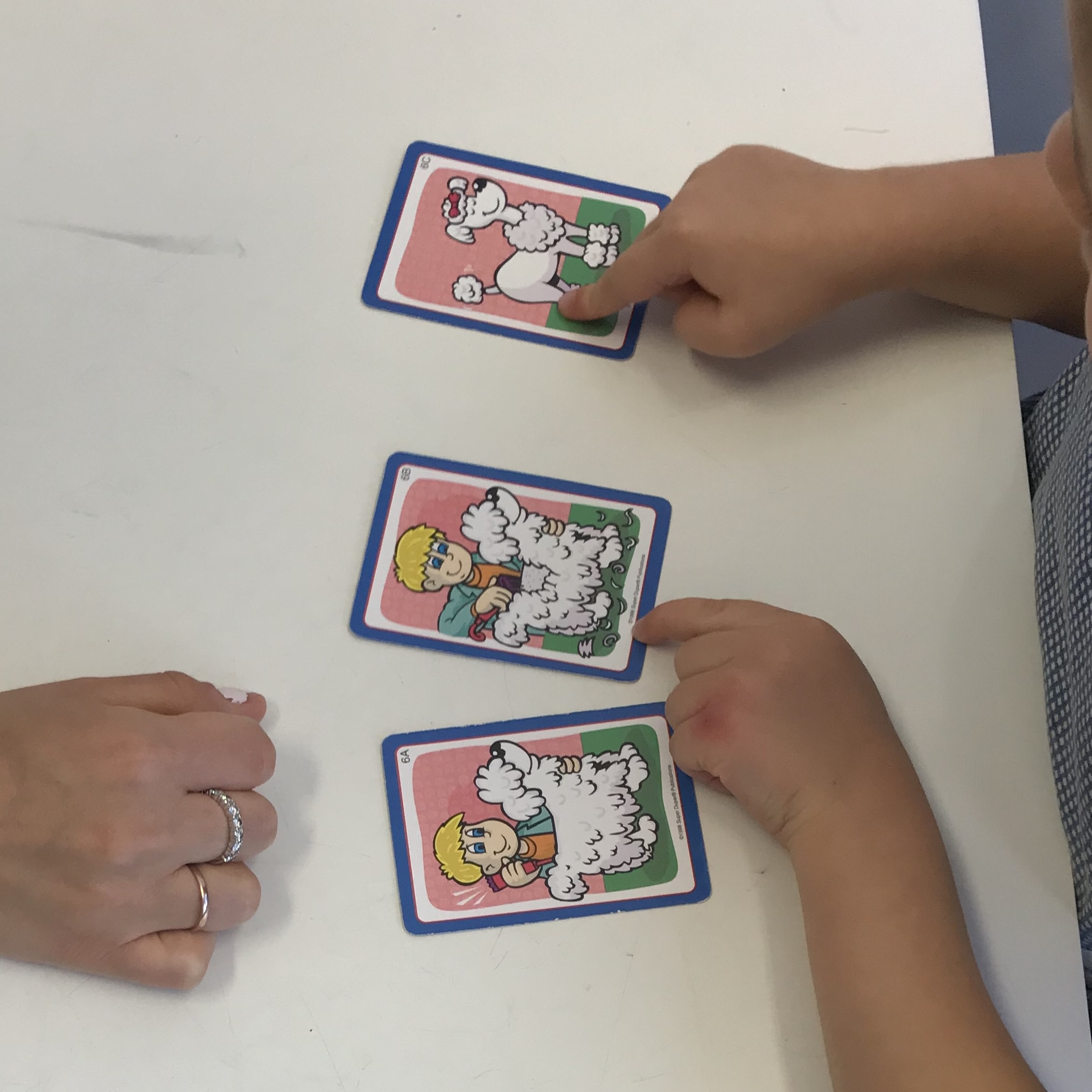
Speech and Language Development:
Understanding Speech and Language Milestones: Insights from Speech Pathologists in Bondi Junction and Mascot
Monitoring your child’s speech and language development is crucial for identifying areas of concern early on. Understanding typical speech and language milestones can provide a helpful reference. Just like our skilled Speech Pathologists in Bondi Junction and Mascot, you can use these milestones as a guideline to assess your child’s development. However, remember that these milestones are just guidelines, and there is a wide range of what is considered ‘normal’ at each age.
This detailed speech and language development outline provides an overview of expected developmental stages from birth through five years. It looks at all the areas that are important for speech and language development. This includes listening and attention, communication, and social interaction. Talking never develops on its own – it always develops at the same time as other skills!
Birth to 3 Months
- Listening and Attention: Turns head toward sounds and begins to respond to loud noises.
- Communication: Makes cooing and gurgling sounds.
- Social Interaction: Smiles and makes eye contact with caregivers.
4 to 6 Months
- Listening and Attention: Recognises familiar voices and responds to changes in tone.
- Communication: Babbles with a variety of sounds and begins to use sounds to express pleasure and displeasure.
- Social Interaction: Laughs and shows excitement through sounds and facial expressions.
7 to 12 Months
- Listening and Attention: Understands simple words like “no” and “bye-bye.”
- Communication: Babbling becomes more speech-like with sounds like “baba” and “mama.” Uses gestures like waving and pointing.
- Social Interaction: Enjoys playing games like peek-a-boo and pat-a-cake.
1 to 2 Years
- Listening and Attention: Follows simple directions and understands more words each month.
- Communication: Begins to use single words around 12 months, building a vocabulary of about 50 words by 18 months. Starts combining two words like “more juice.”
- Social Interaction: Imitates words and sounds, and engages in simple pretend play.
2 to 3 Years
- Listening and Attention: Understands two-step instructions and identifies objects by name.
- Communication: Vocabulary grows rapidly, using two- to three-word sentences. Speech is understood by familiar adults most of the time.
- Social Interaction: Begins to use pronouns like “I” and “me” and engages in more complex pretend play.
3 to 4 Years
- Listening and Attention: Listens to stories and answers simple questions about them.
- Communication: Speaks in longer sentences of 4-5 words. Speech is understood by strangers about 75% of the time. Begins to use more complex grammar.
- Social Interaction: Takes turns in conversation and understands concepts like “same” and “different.”
4 to 5 Years
- Listening and Attention: Follows multi-step instructions and understands time concepts like “yesterday” and “tomorrow.”
- Communication: Speaks in clear, detailed sentences and uses correct grammar most of the time. Can tell simple stories and describe past events.
- Social Interaction: Understands and uses humour, engages in cooperative play, and follows social rules in conversation.
Signs of Potential Speech and Language Concerns
While each child develops at their own pace, the following signs may indicate a need for professional evaluation:
- By 12 Months: No babbling, pointing, or gestures.
- By 18 Months: Limited vocabulary (fewer than 10 words) and difficulty understanding simple commands.
- By 2 Years: Not combining words, difficulty following simple instructions, and speech that is hard to understand.
- By 3 Years: Limited vocabulary and sentence structure, unclear speech, and difficulty engaging in pretend play.
- By 4 Years: Speech is not understood by strangers, limited sentence structure, and difficulty with social interactions.
- By 5 Years: Difficulty telling stories, following instructions, and using correct grammar.
When to Seek Professional Help for Speech and Language Development
If you have concerns about your child’s speech and language development, the best thing to do is to seek advice from speech pathologist. Our Speech Pathologists let you know one of 3 things:
- Your child’s communication are appropriate for their age
- Their communication skills has 1-2 areas that are of concern but not enough to need a full assessment at this stage so they need to be monitored
- Your child’s communication is delayed and a Speech Pathology assessment is recommended
Early intervention can significantly impact your child’s communication abilities and overall development.
At OneOnOne Children’s Therapy, our team of Speech Pathologists, Occupational Therapists, Certified ESDM Therapists, and Psychologists specialise in helping children with speech and language delays. Contact us today to schedule an evaluation and learn how we can support your child’s developmental journey. Our Speech Pathologists are all Certified Practising Speech Pathologists with Speech Pathology Australia.
For more information on how to help your toddler or to book an appointment, call us on (02) 80657837 or email us. Together, we can help your child reach their full potential.
